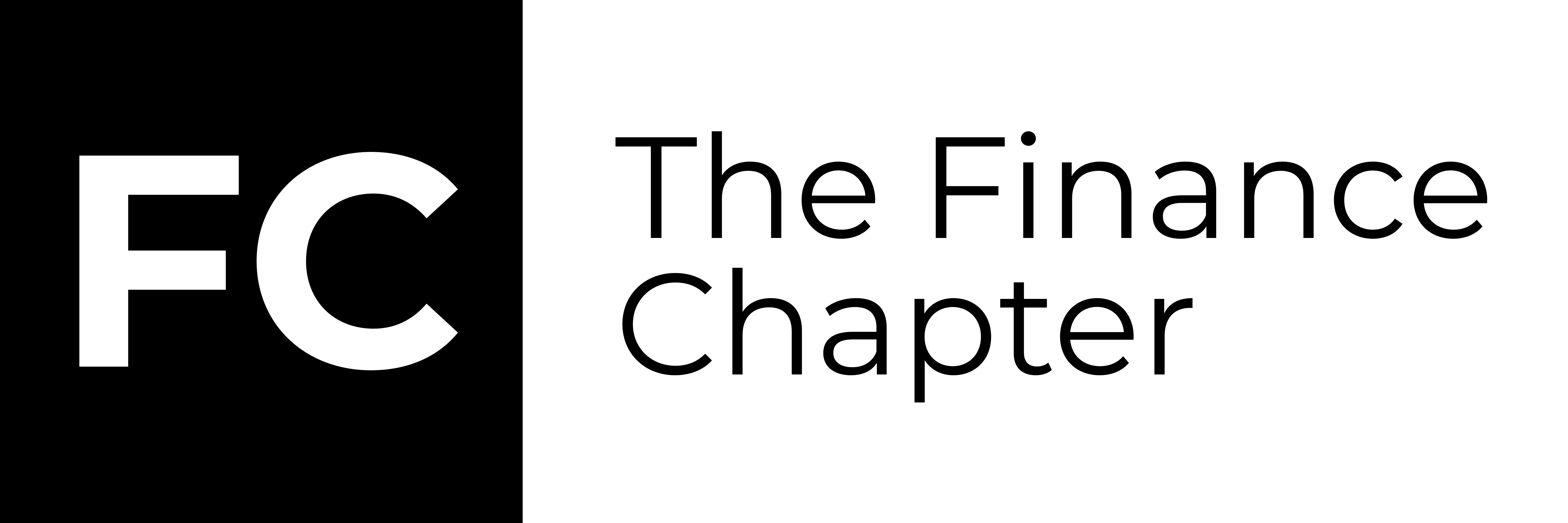
Like many career pathways, the accounting trajectory plots linearly along axes of experience and specialisation. It typically starts in professional services where we learn the ropes, gaining crucial exposure to the core tenets of the discipline. With time, one graduates into one of several specialist areas, ranging from tax and trust accounting to mergers and acquisitions. Each one is steeped in a plethora of ever-evolving, interconnected regulations, requiring several years to gain anything approaching mastery.
For an accountant, Rina Lakhman presents the antithesis of this scripted career. She leads a team of data engineers tasked with generating automated reports that deliver finance insights to their stakeholders.
“I’m an accountant in a law firm doing data.”
She explains,
“It doesn’t get more bizarre than that!”
We caught up via zoom for a chat – a necessity, given that we’re almost 20 time zones apart. When I learned through a LinkedIn comment that she works with actual code on a daily basis, I got curious to know whether she would recommend it to other accountants – an idea I had toyed with in the recent past.
Dean: Would you encourage accountants to delve into coding?
Rina: I definitely would say learn to code, even if you’re never going to be a coder, to understand how to communicate to a programmer who will build your systems. Hand on heart, I’m not the fastest coder, but I do communicate with the coders so they know what I’m talking about. So definitely learn coding just to be on that level. Because if you’re going to be leveraging technology you have to understand how that technology is configured.
Dean: Where does one start learning, considering there are a plethora of technologies out there competing for attention?
Rina: The data sphere is a good next step and a natural segway [from accounting]. The whole point in me having a team of engineers is to make sure the data is clean and [well] amalgamated. You have to make sure there’s that data alchemy there and I think the accountant’s mind understands data alchemy better because they think in terms of business processes.
Dean: How does one gain the computational thinking abilities required to be effective in coding?
Rina: I think of everything as a cog. I Consider myself a cog-turner. So if that keeps turning then that keeps turning. It does come from accounting.
Audit forces you to detect errors and always have to investigate what aspect of a process has led to a different outcome.
That deep process understanding is transferable into IT because a programmer requires the same depth of understanding to write software that adds value.
Dean: Just to clarify, do you mean financial statement audit or IT audit?
Rina: Ah, there’s a whole other area. Not so much financial statement audit because the financial audit is auditing numbers against regulation. This is [the] audit of internal processes. I needed to understand what the code was doing to make the data move in a certain way.
Dean: What’s a typical syntax that you use in your job?
Rina: We have massive syntaxes. As a team, we generate 3000 reports, all with their own stored procedures. And by stored procedures, I mean a full programme of SQL coding that pulls the data together, translates it and spits it out into a report, which would be read by somebody in the business or somebody externally, to understand performance. So when you say syntax, that’s just lines of code. And it’s always different. But we use very, very commonly something in SQL called coalesc. So all it does is it’s a decision tree in its microstate. It says pick data from this field. If there’s no data there go to another field, if there’s no data there go to another field, if there’s nothing there, it’s a zero. And we have to use that coalesc decision model on literally every field we pick because we interrogate different systems to find one piece of data. That kind of gives me an answer. And it’s making sure I don’t have empty data and actually have something that somebody can analyse.
Coalesc can be used universally. It’s probably the best thing I’ve ever used in the job I do because it kind of bridges legacy to new systems.
In the last few moments, the light of dawn hits my room and a picturesque Melbourne city skyline is now visible.
Dean: The light is catching up. I’m sure you can see now.
Rina: It’s absolutely gorgeous. It’s gone from dark to sunlight…
I’m trying to angle my PC to give Manchester a better view of the Melbourne skyline at sunrise.
Rina: Oh, wow!
After some small talk about city/country living we delve into a discussion about Rina’s professional breadth, both in skills that span accounting and IT, and experience. I’m curious to learn how this range has impacted her approach as a professional.
Rina: If you want to summarise it, I’d say there’s one phrase that got banded about when I was doing a lot of projects with universities, and it’s joined-up thinking.
The breadth of what I have takes you from external economic environment to internal accounting, to internal operations, to programming, and IT operations.
Markets are changing so fast, that internal operations and systems aren’t able to keep up. And I think the breadth of what I know, kind of breaks it down into actions, processes, procedures, policies, that can be effectively deployed in a company to deliver against market change and keep that pace going. And I think that’s probably why I say joined-up thinking. It’s the best way of summarising it. It’s kind of going up the tree and back down the tree. All right, you know what I mean?
Dean: I totally get that. And I feel like you’ve sort of hit the thesis of a book I’m reading. It’s called Range by David Epstein. The whole point of it is that when you sample more, you get a sense of what you’re into. And so when you make the decision to specialise later, you have the benefit of that clarity about where your value add is. And I think it’s a very compelling argument.
Rina: So to the point of being integrated, one thing I did realise throughout my career is I can’t do everything. And I don’t know everything. And that’s a really good grounding for me because I was able to use academics who had specialisms to focus on what they needed to focus on, and I filled the gaps around them to make sure everything else works smoothly.
Dean: Great point!
What’s a core skill to have for you?
Rina: For me it is agility. And the reason why I say agility is I’ve had to adapt to different industries.
Dean: Well, true to your role and true to your trajectory. I think that fits.
Rina: Every industry I’ve worked in I knew the least. And I listened to everybody and everyone’s perceptions.
One moment while I put a sock in my son’s mouth!
She says, evidently responding to some ambient noise. I would later learn of rather spirited online gaming in her immediate vicinity.
Rina: Teenagers!
After a decent round of laughs and banter, we return to agility.
Rina: When I went into this law firm, I knew nothing of law. But what I did know is how systems and processes could be improved. Just taking an outside view in, is the nice bit.
I do like researching. I hit a new industry and I research like crazy.
Dean: And your leadership philosophy?
Rina: My leadership philosophy is a servant leader. I mix the skills in the team. Connecting skills works really well for me. Each team member brings their own field of knowledge and expertise. They come together to design solutions. Within data, there are always different ways to mix and analyse the data so there is always cross mentoring, skills development and advancement to do. I may not know everything in detail – I have respect for the knowledge my team has – but I know how to mix knowledge and skills to create effective solutions.




Very insightful.